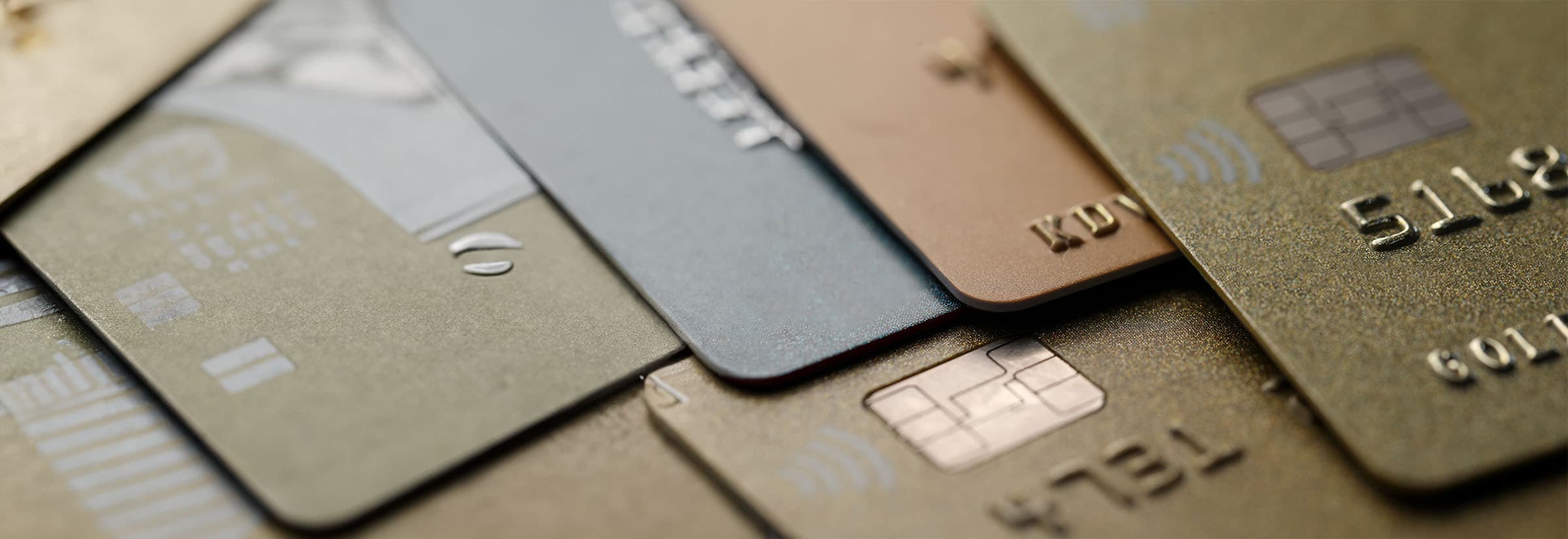For many people, debit cards have replaced checks or credit cards.
But in the wake of big news like the theft of credit and debit card numbers from Target customers, some people are re-evaluating their use of debit cards.
Without the worry of accumulating a mountain of credit card debt, we swipe our debit cards and the money is immediately withdrawn from our bank accounts. No need to wait for a credit card bill to see how much we owe.
Because federal law limits responsibility for unauthorized credit card charges to $50 and the four major credit card companies offer zero-liability policies, credit cards often provide better fraud protection than debit cards. See what your bank says about liability for charges if your debit card was stolen in the Target breach.
If someone gets a hold of your debit card, or even just the number and other pertinent card information, you are only on the hook for at most $50 if you report the missing card or unauthorized transaction to your bank within two business days of discovering it.
But if you fail to report any fraudulent charges on your debit card within that two-day window, you could be liable for up to $500. If you don’t report unauthorized charges to your bank within 60 days of receiving your bank statement, all of the funds in your checking and/or savings accounts could be depleted. The Federal Trade Commission offers detailed information on what the relevant laws require.
Better Safe than Sorry
The four riskiest places to use your debit card, according to Bankrate.com, are:
- Online to make purchases
- Gas stations
- Restaurants
- ATMs
‘Credit’ or ‘Debit’
When you use your debit card, you're sometimes asked to choose "debit" or "credit." Some people think it’s safer to pick “credit” over “debit.” But choosing "credit" does not make it a credit card transaction, reports CNBC contributor Herb Weisbaum.
What you are doing is choosing whether to enter a PIN or use your signature to withdraw that money out of your bank account.
While debit cards are convenient and not inherently dangerous, the bottom line is that credit cards offer better overall fraud protection against bank scams. It can still be a good ideal to use a debit card when you want to limit your debt. Consider the debt-limiting protection of a debit card vs. the need to make sure you report any fraud quickly when deciding which card to use.
Editor’s note: Our articles provide educational information. LifeLock offerings may not cover or protect against every type of crime, fraud, or threat we write about.
This article contains
Start your protection,
enroll in minutes.
LifeLock is part of Gen – a global company with a family of trusted brands.
Copyright © 2026 Gen Digital Inc. All rights reserved. Gen trademarks or registered trademarks are property of Gen Digital Inc. or its affiliates. Firefox is a trademark of Mozilla Foundation. Android, Google Chrome, Google Play and the Google Play logo are trademarks of Google, LLC. Mac, iPhone, iPad, Apple and the Apple logo are trademarks of Apple Inc., registered in the U.S. and other countries. App Store is a service mark of Apple Inc. Alexa and all related logos are trademarks of Amazon.com, Inc. or its affiliates. Microsoft and the Window logo are trademarks of Microsoft Corporation in the U.S. and other countries. The Android robot is reproduced or modified from work created and shared by Google and used according to terms described in the Creative Commons 3.0 Attribution License. Other names may be trademarks of their respective owners.




